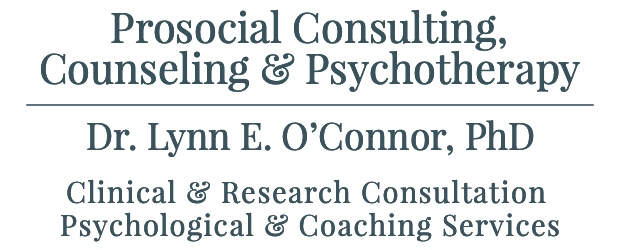The Death of My Mother
My mother died on November 28, 2012, at 9AM. We were all there with her: myself and my husband who she adored, my sister, along with her two beloved caregivers who had been caring for her for almost five years and who she loved dearly. The outpouring of grief I felt surprised me. It came in waves with great intensity, then, backed off and I was myself again. At moments I found myself thinking “I have a hole in my heart, where I guess my mother was living for so many years, unbeknownst to me.” Someone told me that we are never really prepared for the death of our mothers, especially when they are cognitively intact and coherent with no signs of dementia. This certainly defines my mother; at age 99 (she would have turned 100 in February 2013) she was clear, telling stories until the last two days of her life, capable of solving problems and making her own good decisions. Each time she was in the hospital during the past month in which she was quite ill, people expressed to me their amazement at how someone of her age could be so mentally alert and clear. For many years –in fact until a month or two ago, she took courses at the UCLA Plato Society, she swam almost every day, she read the newspapers avidly and argued about politics. I’m thankful she supported Obama, and lived long enough to witness his second victory.
I came home to San Francisco (only briefly –we now are back in LA to put her ashes next to my father’s)—to face over 400 emails. As I’m working my way through them, I stopped to read those from the Daily Scientific American Digest that shows up in my inbox, in case there was something important. When I read Robert Martone’s piece in Scientific American (December 4th), something clicked: “Scientists Discover Children’s Cells Living in Mothers’ Brain: The Connection between mother and child is ever deeper than thought” (URL: http://www.scientificamerican.com/article.cfm?id=scientists-discover-childrens-cells-living-in-mothers-brain)
In fact, it took my breath away. Not only are the cells of children found in mothers’ brains decades later, but mothers’ cells likewise, are found in their children long after they’ve reached adulthood. The feeling of having a hole in my heart might almost be literal, although I meant it metaphorically.
We think of ourselves as unique, distinct entities with a very clear idea of “I am an individual.” We know our chromosomes come from mother and father, but cells from our mothers? Do we, could we, really have cells from another distinct entity, a person who likewise houses cells of our own? Buddhists have believed the “non-self” idea for at least 2000 years. They see it as linked to “dependent arising” which I interpret to mean we are all interdependent, beyond our wildest imagination. The more we learn about biological matter, the more it seems to be the essence of complexity. We have signs of genetic material from entirely different species, it should be no surprise that mothers have cells of their off spring lodged in their brains decades later, and likewise I imagine us adult children have cells of our mothers floating around, perhaps permanently.
Are the Buddhists likewise on the right track when they speak of the “mind” or “consciousness” somehow existing in a non-material state, surviving the death of the body? I was raised in the world of science, evolutionary theory was our religion. It is still the determining factor in what one would call my “world view.” But maybe this “hole in my heart” is more than a metaphor, and maybe it’s not a hole after all. If cells of my mother are floating around, in my brain or my heart or anywhere, they are still there, still active, live biological matter. The saying goes that the dead go on living in the memories of those who loved them. Perhaps they go on living in a far more complex and mysterious manner, perhaps we are interconnected in an infinite path through multiple generations, through all of infinite space.
